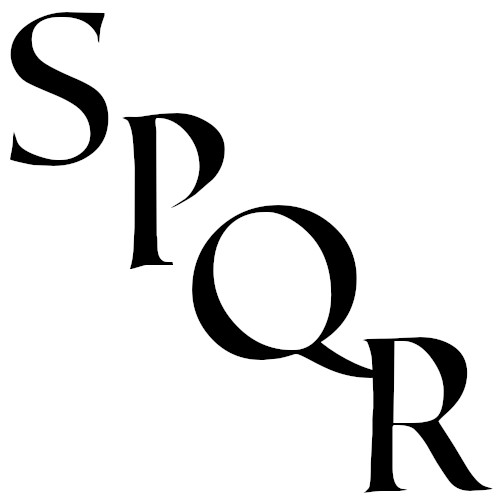Thanks to Dominic for lending me this wonderful collection of lectures by Bowden. In the U.S. check with Counter-Currents to obtain this four DVD set. Below is a link that will get you there via the only thing I managed to sell them thus far.
As soon as you get over the feeling that you are an impoverished London chimney sweep being yelled at by Master Bowden in some stillborn Dickens novel, the man’s grasp of literary concepts sucks you in.
In a Bullet Through Steel, Bowden discusses two plays, Agamemnon by Aeschylus and King Leer by Shakespeare, how these tragic-themed plays were important to humanity, and why they cannot be duplicated in today’s politically correct monoculture. Although upbeat throughout, Bowden is blunt about the fact that tragedy—an important psycho-social tool for the furtherance of a meaningful society compatible with individual aspirations—is incompatible with liberalism and the political Left.
His discussion of the man-minded woman in literature, beginning with the figure of Clytemnestra, the prophetic curse of Cassandra, religious sanction and the way tragic literature devolves to something as pathetic as American horror, is enthralling.
Since Bowden does bring up the fact that even the ancient Greeks disagreed as to whether or not the most famous bitch in fiction murdered her husband with a sword or an axe, I come down on the side of the axe theory for the following reasons.
The axe was the symbol of the vanished and hated Cretan empire, for which the king had been a mere figurehead managed by the priestesses from their Labyrinths, the word labyrinth literally meaning double-axe-house. The Amazons were also said to have been armed with axes of the light cavalry type. The reason for this, as seen in the Epic of Gilgamesh, is the fact that Indo-European cattle-herding folk relied on the axe to slaughter cattle for food and sacrifice, and often relied on the women to tend the cattle while the men fought, as indicated by various cattle-oriented female deities. In the Hellenic world priests dominated the sacrificial rites, with women relegated to oracular duties, and thus the use of the axe by Clytemnestra is a blasphemy of a most barbaric nature.
Bowden’s discussion of how literature is financed and the various Leftist rewrites of classical plays is informative and entertaining.











